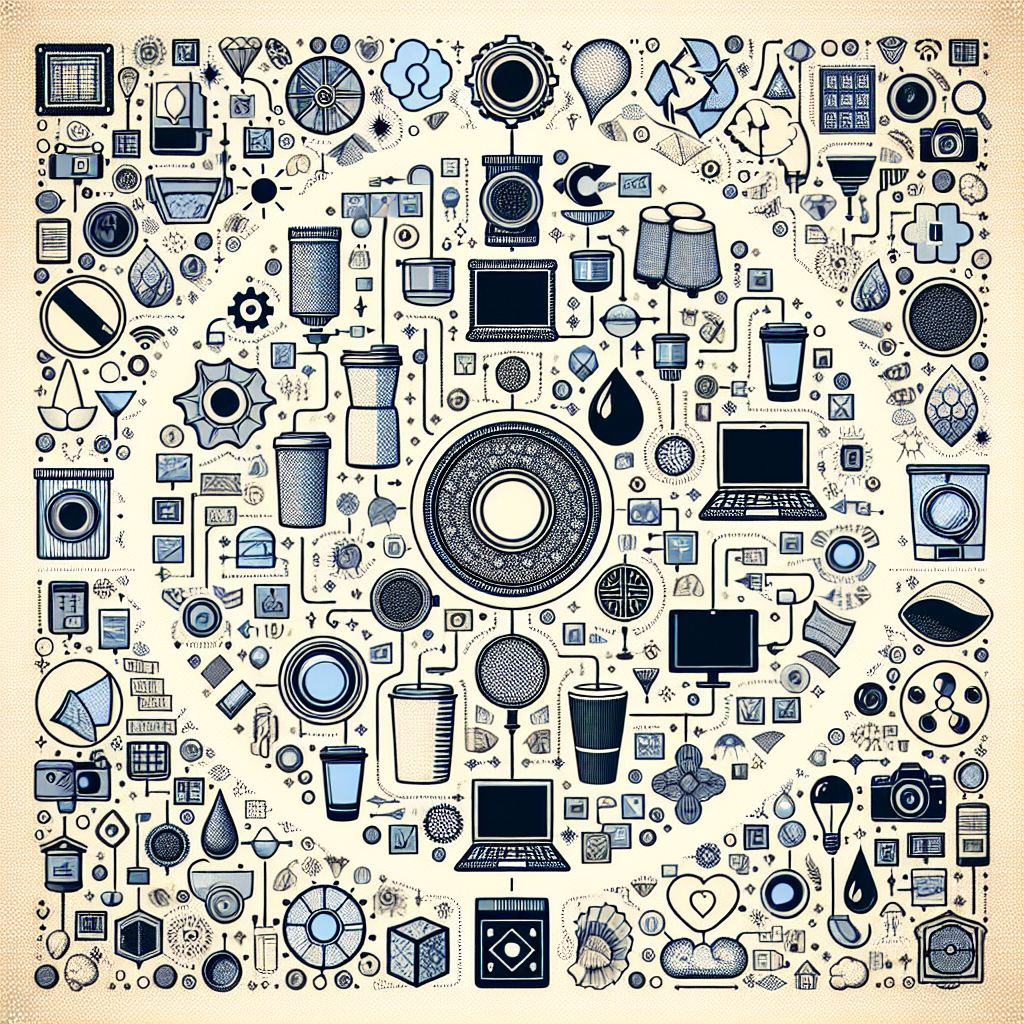Filters are an integral component of technology that we use daily. They allow us to separate the desired signals from unneeded ones to improve the functionality and performance of the devices. The role of filters extends far beyond just electronics and technology. They are present in various fields, including photography, audio production, information technology, and water purification. This article aims to explore several different types of filters and their diverse applications.
Electronic Filters
Electronic filters are essential in signal processing. They allow selected frequencies of an input signal to pass through while blocking others. There are primarily two types of electronic filters: analog and digital. Analog filters process analog signals, whereas digital filters manage digital signals.
Analog Filters
Analog filters are used in audio and radio signal processing. High-pass, low-pass, band-pass, and band-stop are the four principal types of analog filters. A high-pass filter allows frequencies above a certain point to pass, while a low-pass filter lets lower frequencies to pass. A band-pass filter allows frequencies within a particular range to pass, and the band-stop filters the contrary.
Digital Filters
Contrary to analog filters, digital filters operate on digital signals. They preferably apply mathematical operations, either simple or complex, to the values in the signal to generate a new signal. Like analog filters, digital filters also have high-pass, low-pass, band-pass, and band-stop types. Digital filters are widely used in graphic equalizers and image processing.
Optical Filters
Optical filters are essential in optics and photography. They change the light entering a camera or other optical devices due to their properties. Common types of optical filters include UV filters to block ultraviolet light, polarizing filters that reduce unwanted reflections, and color filters that can boost or reduce specific colors. They play a significant role in enhancing photographic effects and ensuring high-quality images. In addition, optical filters are common in scientific applications, including fluorescence microscopy and astronomy.
Internet Filters
With the increased use of the internet, internet filters have emerged as a necessary tool for online safety. They prevent access to inappropriate or harmful content on the internet. There are different categories of internet filters, such as content filters that block specific websites or content, URL filters that prevent access to specific URLs, and packet filters that prevent packets with a certain IP address. Internet filters are crucial in schools, businesses, and homes to ensure safe and productive internet use.
Water Filters
Water filters are essential in purifying water, making it safe for consumption. Popular types include activated carbon filters that remove large particles and impurities, reverse osmosis filters that can remove a notable percentage of contaminants, and UV filters that kill bacteria and other pathogens. Clean and safe water is fundamental for our health, making water filters an indispensable home appliance.
Conclusion
Ultimately, filters form an integral part of various devices and technology that we use daily. From helping to enhance our photographs, ensuring safe and clean browsing on the internet, purifying water for consumption to processing signals for optimal audio and visual output, their myriad applications make them an invaluable tool. Understanding the different types of filters and their uses can help us appreciate the underlying technology better.
Frequently Asked Questions
1. Where are analog filters mainly used?
Analog filters are primarily used in audio and radio signal processing.
2. What is the main purpose of filters in photography?
In photography, filters alter the light entering a camera, enhancing photographic effects, and improving image quality.
3. What is an internet filter, and why is it important?
An internet filter is a tool that blocks access to inappropriate or harmful content on the internet. It is important for safety and productivity in internet use.
4. What are common types of water filters?
Common types of water filters include activated carbon filters, reverse osmosis filters, and UV filters.
5. How do digital filters work?
Digital filters process digital signals by applying mathematical operations to the values in the signal to generate a new signal.

